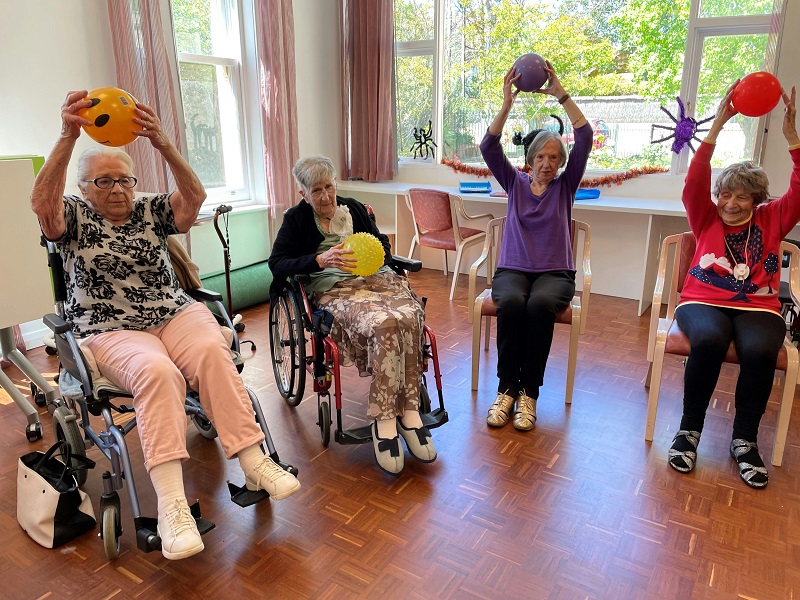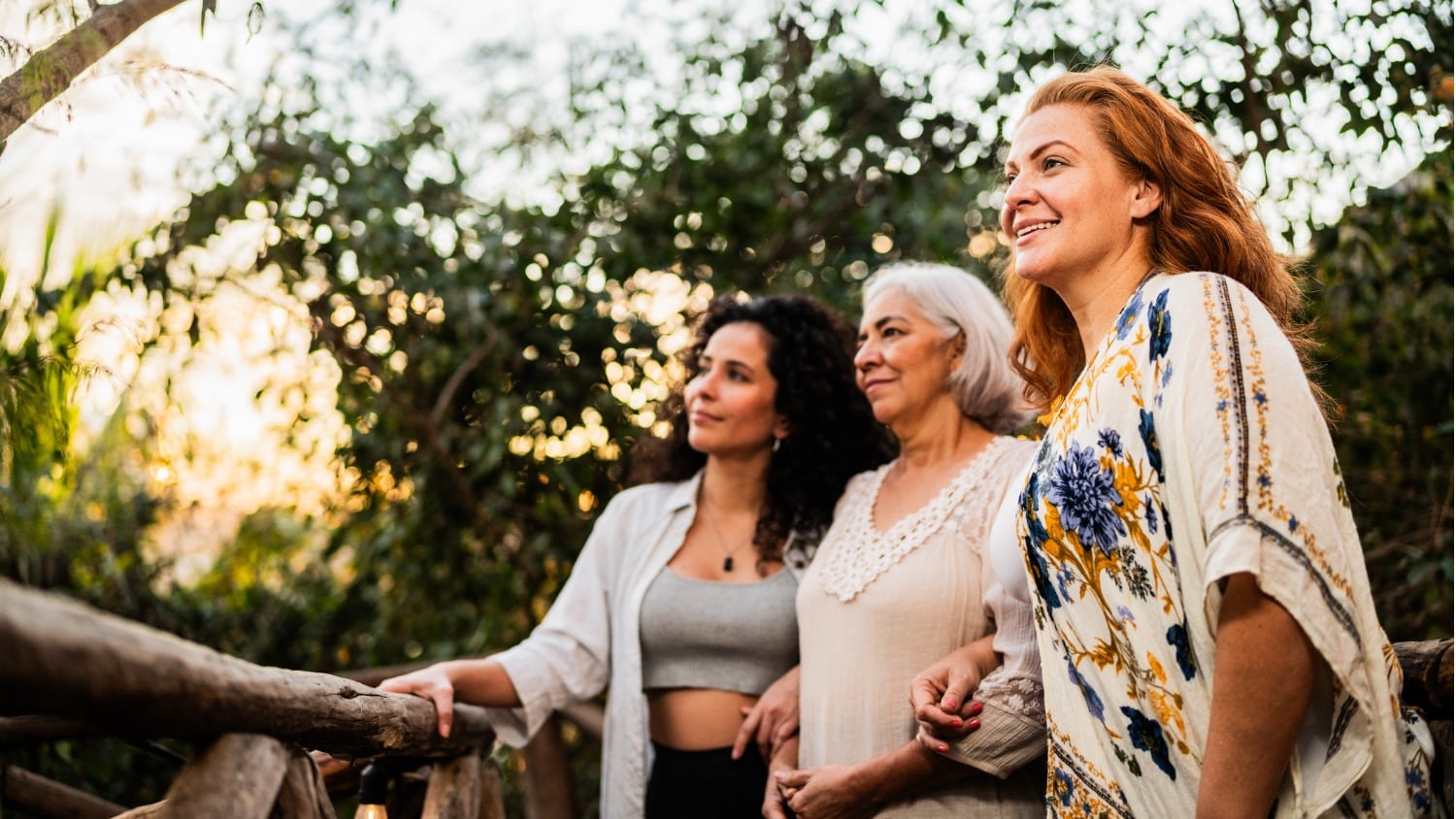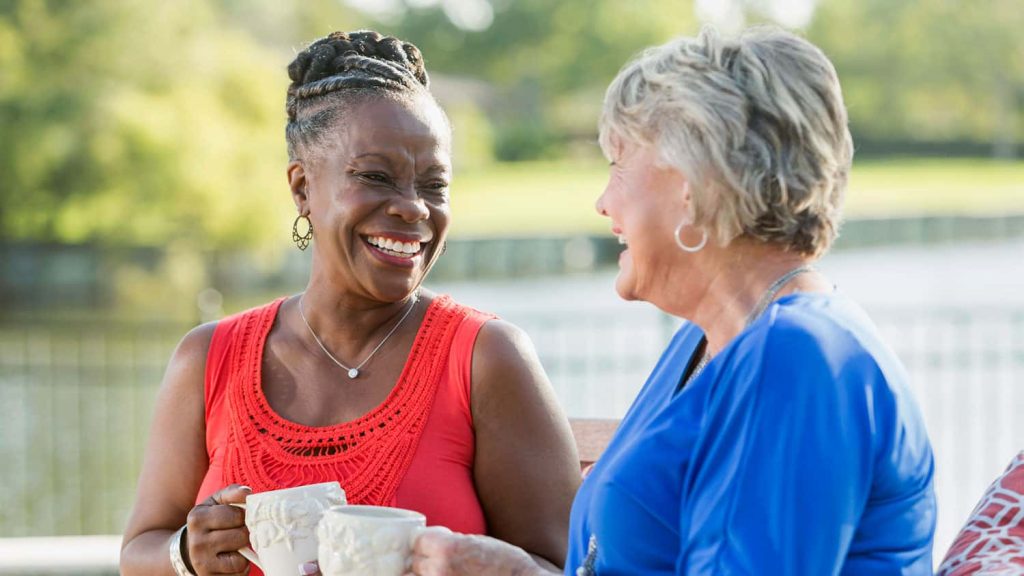Making friends as an older woman is not only possible but essential for your mental and physical wellbeing. While many women over 50 experience shifts in their social circles due to retirement, relocation, or life changes, building new connections is a vital part of a fulfilling life. If you’ve ever wondered is it normal to have no friends in your 50s, know that you aren’t alone in this experience. This guide provides proven, actionable strategies to help you build meaningful friendships in midlife and beyond, combat loneliness, and create a supportive social network that enriches your life.
Why Making Friends Gets Harder as We Age (But Is More Important Than Ever)
Let’s be honest: the easy, built-in social structures of our younger years—school, workplaces, parenting groups—often fade away. Life transitions like retirement, children leaving home, or moving to a new city mean we have fewer automatic opportunities to meet people.
This isn’t just a feeling; it’s a reality for many. Research shows that social isolation can become a significant concern for older adults. But here’s the encouraging part: it’s a challenge that can absolutely be overcome. The effort is worth it, not just for fun and companionship, but for your health.

The Health Benefits of Friendship for Older Women
Strong social ties are not a luxury; they are a cornerstone of a healthy life. The Centers for Disease Control and Prevention (CDC) highlights that social connection can significantly improve health and longevity. For older women, the benefits are clear:
- Improved Mental Health: Friendships provide emotional support, reducing the risk of depression and anxiety. Sharing experiences with someone who understands can be incredibly validating.
- Enhanced Cognitive Function: Engaging in conversation and shared activities keeps your mind sharp. Studies suggest that a rich social life is linked to a lower risk of dementia.
- Better Physical Health: Friends can encourage healthy behaviors, from joining a walking group to trying a new recipe. This social support is linked to better cardiovascular health and a stronger immune system, which are fundamental aspects of how can we live longer. This is one of the most powerful healthy aging tips you can embrace.
- Increased Longevity: The connection is so strong that having a robust social network is associated with a longer lifespan.
Common Barriers Older Women Face in Making Friends
Acknowledging the hurdles is the first step to overcoming them. You might be facing:
- Fewer Built-in Social Structures: Without the daily interactions of a workplace or kids’ school events, meeting people requires more intention.
- Life Changes: The loss of a spouse or close friends can shrink your social circle unexpectedly.
- Mobility or Health Issues: Physical limitations can make it harder to get out and about.
- Lack of Confidence: After a long time, putting yourself “out there” can feel intimidating.
- Caregiving Responsibilities: Caring for a partner or aging parents can leave little time or energy for socializing.
These are real challenges. But they are not roadblocks; they are simply new paths to navigate.
Where to Meet New Friends as an Older Woman
The key is to go where people gather around a shared purpose. This removes the pressure of “making friends” and allows connections to form naturally.

Community-Based Opportunities
Your local community is filled with potential connections. Look for places that encourage regular attendance.
- Community and Senior Centers: These hubs offer everything from fitness classes to card games and social events. They are designed specifically for connection.
- Public Libraries: Far more than just books, libraries host workshops, wellness seminars, and book clubs. Check their event calendar.
- Volunteer Organizations: Giving your time to a cause you care about is a fantastic way to meet people who share your values.
- Religious or Spiritual Communities: If you have a faith, your church, temple, or mosque can provide a deep sense of community and belonging.
Classes and Learning Environments
A shared learning experience is a powerful bonding agent. You instantly have something in common to talk about.
- Adult Education Classes: Check your local community college for non-credit courses in anything from history to web design.
- Creative Workshops: Sign up for a class in pottery, painting, or creative writing. Working on a project side-by-side sparks easy conversation.
- Cooking or Language Classes: These are interactive, fun, and often involve partner or group work, making it easy to connect.
Online Platforms and Social Media Groups
The digital world offers wonderful ways to connect with people, which can then transition to in-person friendships.
- Meetup.com: Find groups in your area for almost any interest imaginable, from hiking and book clubs to dinner parties for women over 50.
- Bumble BFF: This popular dating app has a “BFF” mode specifically for finding friends. You can set your age preferences to connect with peers.
- Facebook Groups: Search for groups like “Solo Travel for Women Over 50” or local neighborhood groups. These communities offer support and opportunities for local meetups.
Activities That Naturally Lead to Friendships
Choosing an activity you genuinely love is crucial. Your enthusiasm will be contagious, and you’ll enjoy yourself whether you make a new best friend that day or not.

Physical Activities and Exercise Groups
- Walking or Hiking Clubs: A simple walk is one of the best ways to have a conversation. Many communities have organized groups.
- Gentle Fitness Classes: Look for yoga, tai chi, or water aerobics classes. You’ll see the same faces each week, which builds familiarity. This is a great way of staying active as you age.
- Pickleball or Tennis: These partner sports are social by nature and have exploded in popularity among older adults.
- Dance Classes: Whether it’s line dancing, ballroom, or salsa, learning new steps together is a fun and engaging way to connect.
Creative and Hobby-Based Groups
- Book Clubs: A shared love for reading provides endless topics for deep conversation.
- Knitting or Craft Circles: These groups offer a relaxed atmosphere where you can chat while working with your hands.
- Gardening Clubs: Bond over a shared passion for plants, exchange tips, and even visit each other’s gardens.
- Game Groups: Bridge, mah-jongg, or even a weekly trivia night at a local pub can lead to lasting friendships.
Volunteering and Community Service
Volunteering connects you with people who are driven by similar values. It shifts the focus from yourself to a shared mission, which can ease social anxiety. Consider places like:
- Animal shelters
- Local hospitals or food banks
- Museums or theaters
- School mentoring programs
Practical Strategies for Turning Acquaintances Into Friends
Meeting people is the first step. Nurturing those initial sparks into genuine friendships requires a little more effort.
The Power of Showing Up Consistently
There’s a psychological principle called the mere-exposure effect. It simply means we tend to like people we see regularly. By consistently attending your chosen class, club, or group, you become a familiar, friendly face. This builds a foundation of trust and makes it easier for others to approach you.
Moving From Small Talk to Deeper Connection
Once you’re comfortable with someone, try to steer the conversation beyond the weather.
- Ask Open-Ended Questions: Instead of “Did you like the class?” try “What did you find most interesting about the class today?”
- Share a Little About Yourself: Vulnerability is a bridge to connection. Share a simple story or an opinion related to your shared activity.
- Look for Common Ground: Listen for shared experiences, hobbies, or backgrounds. “You mentioned you moved from Ohio? My sister lives there!”
- Be Genuinely Curious: People love to talk about themselves. Show you’re interested by listening actively and asking follow-up questions.
Taking the Initiative to Extend Invitations
This can be the scariest step, but it’s often the one that solidifies a friendship. Most people are flattered to be asked. Keep it low-pressure.
- “I’m going to grab a coffee after class. Would you like to join me?”
- “I really enjoyed our conversation. Perhaps we could go for a walk in the park sometime next week?”
- “There’s a local art fair this weekend that looks fun. I was thinking of going if you’re interested.”
Maintaining and Nurturing Friendships in Later Life
Once you’ve made a connection, it needs care to grow.
Staying Connected Through Regular Communication
Friendship requires effort. Schedule regular check-ins, whether it’s a weekly phone call, a monthly lunch, or just sending a thoughtful text message. Use technology like FaceTime or Zoom to stay connected with friends who live far away. Remembering small details and important dates shows you care.

Adapting Friendships to Changing Life Circumstances
As we age, our circumstances change. A friend might develop mobility issues or need to move into assisted living. Be flexible. If your friend can no longer go out for long hikes, suggest meeting for coffee at their home. If a phone call is easier than a visit, make that call. The form of the friendship may change, but the substance can remain just as strong.
Special Considerations for Different Life Situations
Making Friends After Relocation or Moving to a New Area
Moving to a new place feels like starting from scratch. Be a tourist in your new town. Introduce yourself to your neighbors. Join the local library and a community center immediately. Use apps like Nextdoor to learn about local events and happenings. Be open about being new—people are often happy to share their favorite spots and introduce you to others.
Finding Connection as a Caregiver
Caregiving can be incredibly isolating. It’s vital to seek out support for yourself.
- Join a caregiver support group, either online or in-person. These people uniquely understand your challenges.
- Look into respite care services that can give you a few hours off to recharge and socialize.
- Find low-key activities you can do with a friend at home, like watching a movie or having them over for tea.
Rebuilding Your Social Life After Loss or Life Transitions
Navigating widowhood, divorce, or the death of a close friend is painful. Give yourself time and grace. Grief support groups can be a gentle place to start, connecting you with others who are on a similar journey. Understand that new friends don’t replace old ones; they add a new, different, and valuable chapter to your life story.
Building a vibrant social life as an older woman is an act of self-care and a joyful investment in your future. It takes a bit of courage and persistence, but the rewards—laughter, support, and shared experiences—are immeasurable. Start with one small step today.
For more insights on living your best life, explore the resources at Not One Type.


Có thể bạn quan tâm
How to Make Friends in Your Fifties: Proven Strategies to Build Meaningful Connections
Making friends in your fifties can feel like a unique challenge, but it’s far from...
Nov
Complete Guide to Fall Prevention: Tips to Keep Seniors Safe and Independent
Falls represent one of the most serious health threats facing older adults today. According to...
Nov
Staying Active as You Age: A Complete Guide to Exercise and Fitness for Older Adults
Staying active as you age is one of the most powerful choices you can make...
Nov
How to Be Healthy at 50: A Complete Wellness Guide for Women
Turning 50 is a significant milestone. It’s a time of transition, reflection, and new opportunities,...
Nov
How to Age Gracefully in Your 60s: A Complete Guide to Thriving in Your Sixth Decade
Your 60s represent a vibrant decade filled with opportunities for growth, wellness, and fulfillment. Aging...
Nov
Healthy Aging Tips: 10 Ways to Age Well in 2025
Aging is inevitable, but how you age is largely within your control. Research shows that...
Nov